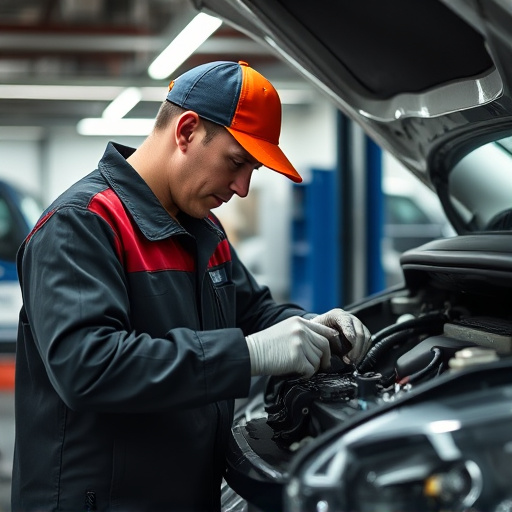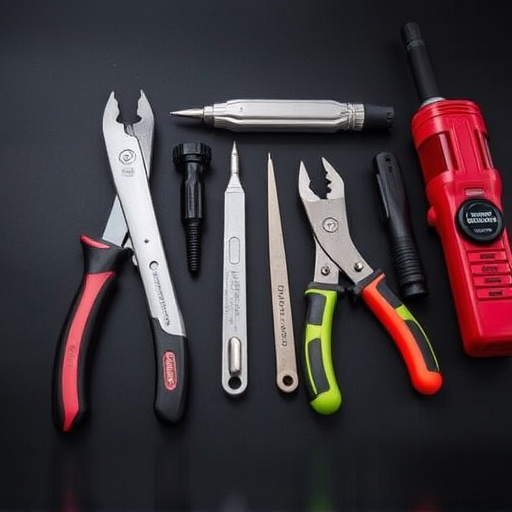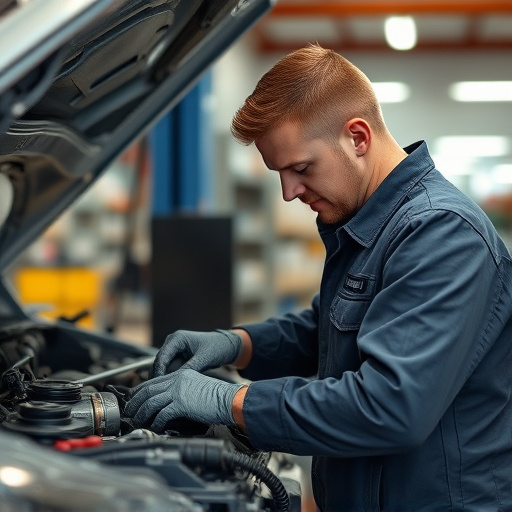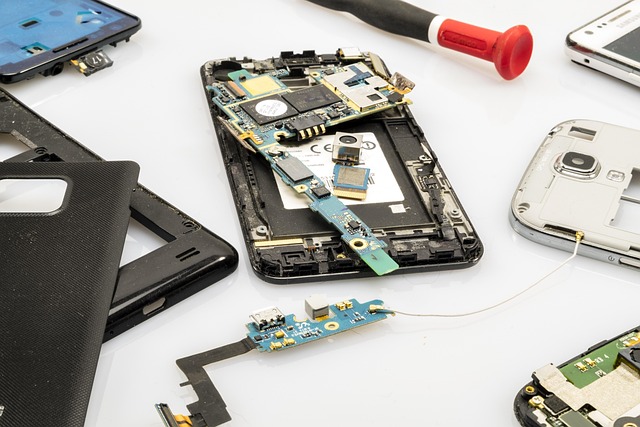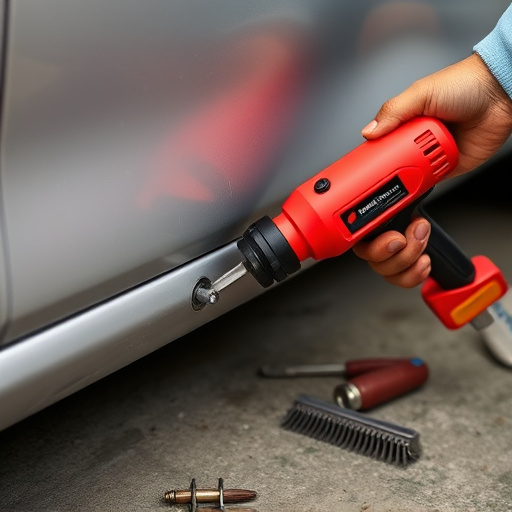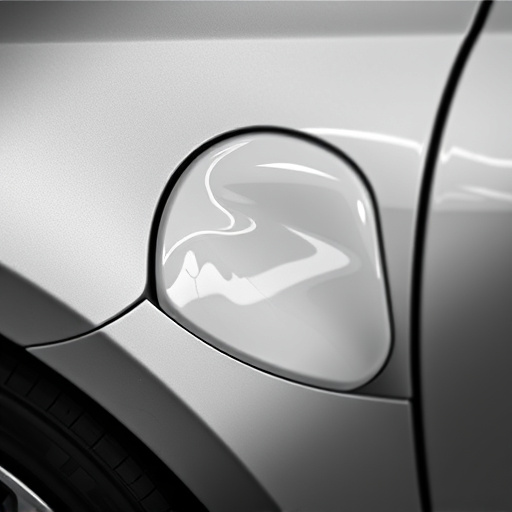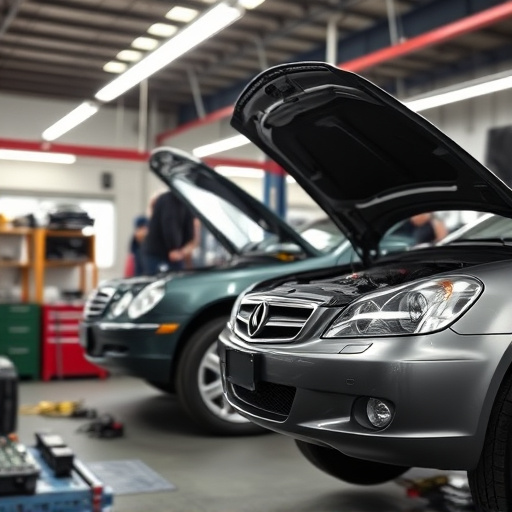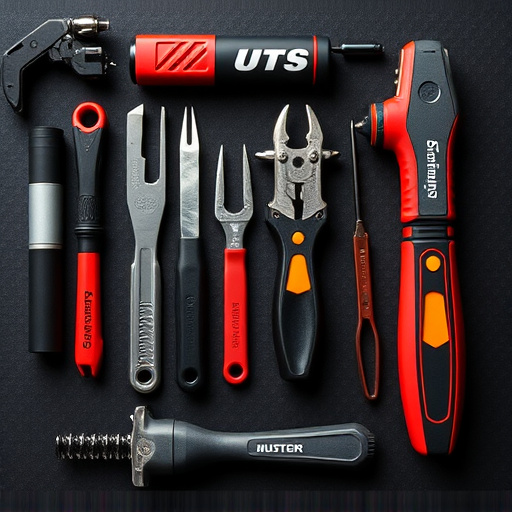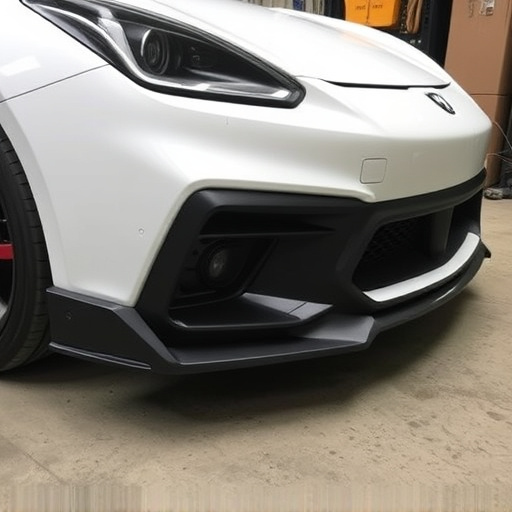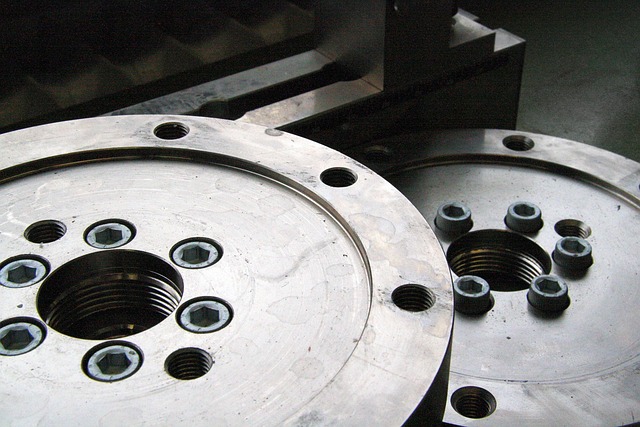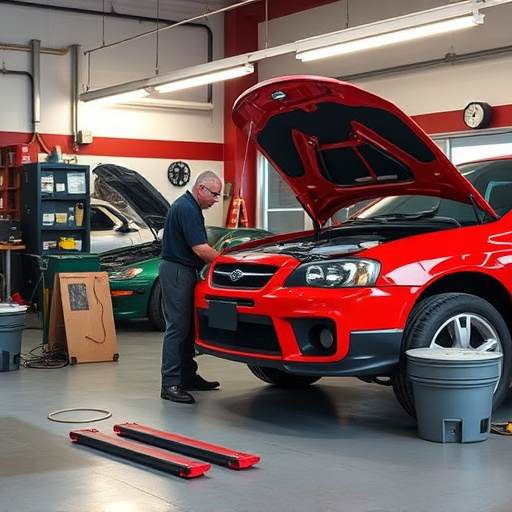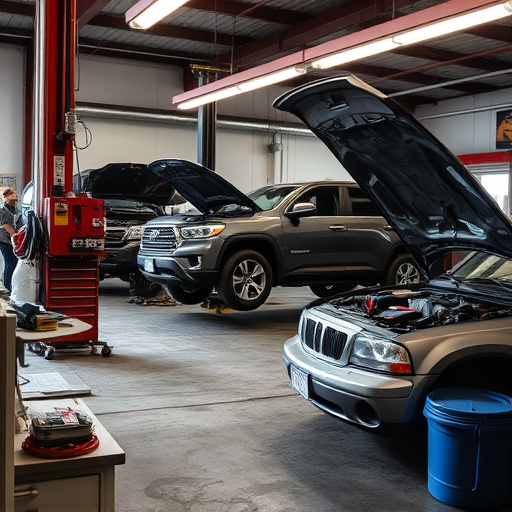Using genuine manufacturer parts (GMPs) for car restoration and collision repairs offers precise fitment, optimal performance, warranty coverage, simplified repair processes, and long-term reliability. Compared to generic or aftermarket parts, GMPs maintain structural integrity and safety standards through rigorous testing, preventing future damage and costly repairs. Prioritizing authentic components ensures optimal vehicle performance and longevity.
In the vast market of auto parts, understanding the distinction between genuine manufacturer parts (GMPs) and generic components is paramount for vehicle owners. This article delves into the intricacies of GMPs, elucidating their significance and advantages over their generic counterparts. We bust common myths, providing insights that empower car enthusiasts to make informed choices. By exploring these topics—from the basics of genuine parts to debunking misconceptions—readers gain a comprehensive view, ensuring they navigate the auto parts landscape with confidence, always opting for top-tier quality in their vehicles.
- Understanding Genuine Manufacturer Parts: The Basics
- Advantages of Using Original Equipment
- Common Myths and Misconceptions Debunked
Understanding Genuine Manufacturer Parts: The Basics
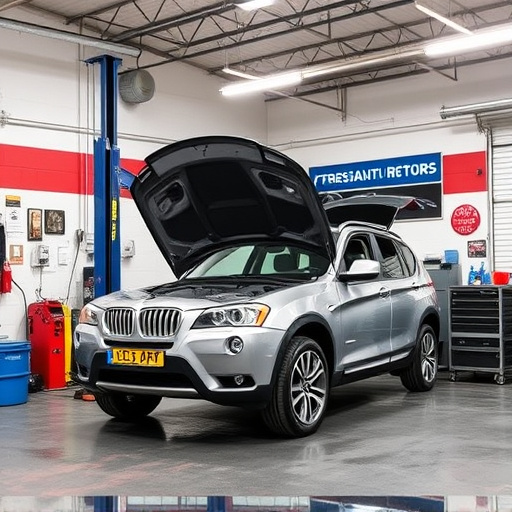
Genuine manufacturer parts are those directly produced by the original equipment maker (OEM) of your vehicle. They’re designed to fit perfectly and perform optimally, ensuring a seamless integration into your car’s existing systems. These parts are typically made with the same high-quality materials and manufacturing processes used in the initial production of the vehicle, making them reliable and durable.
When it comes to car restoration or collision repair services at an automotive body shop, using genuine manufacturer parts offers several advantages. They help maintain the original specifications and warranty of your vehicle. Moreover, OEM parts are often easier to source and install, reducing potential compatibility issues that can arise with generic alternatives. This ensures a more straightforward repair process and a higher likelihood of long-lasting performance for your car.
Advantages of Using Original Equipment
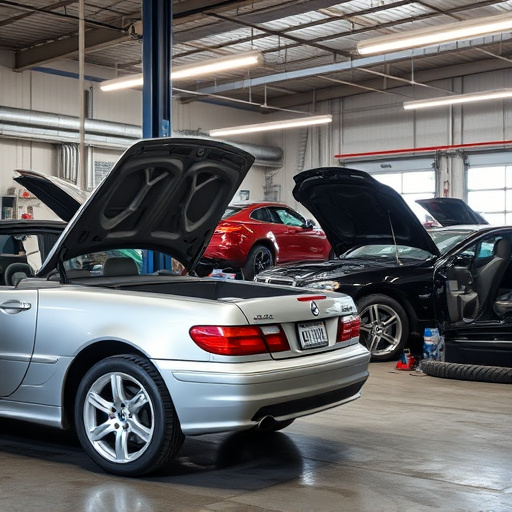
Using genuine manufacturer parts (GMPs) offers several significant advantages when it comes to automotive collision repair or fender benders. These parts are designed and engineered specifically for a particular vehicle model, ensuring precise fitment and optimal performance. GMPs directly replace factory-issued components, which guarantees they meet the original equipment manufacturer’s (OEM) standards in terms of quality and reliability. This is particularly crucial when it comes to complex automotive body work, as improper or subpar parts can compromise the structural integrity of a vehicle.
Moreover, genuine manufacturer parts often come with extensive testing and certification, ensuring they withstand rigorous driving conditions. They are built to last, reducing the risk of future repairs and maintenance issues. For car owners navigating an automotive collision repair process, choosing GMPs can mean the difference between a fully restored vehicle that performs like new and one that may struggle to maintain its initial quality and safety standards.
Common Myths and Misconceptions Debunked
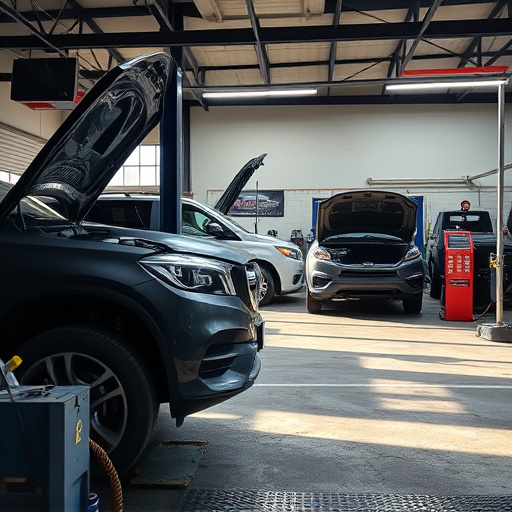
Many car owners often believe that generic or aftermarket parts are cheaper alternatives to genuine manufacturer parts, but this isn’t always true. While generic components might seem like a cost-effective solution for auto body repairs and vehicle maintenance, they can often lead to more significant problems down the line. Many people fall into common traps when it comes to their automotive repair choices.
One of the biggest misconceptions is that generic parts are just as good as genuine manufacturer (GMP) parts. This isn’t necessarily true, as these aftermarket items may not meet the same quality and safety standards. Aftermarket components often lack the rigorous testing and engineering that GMP parts undergo, which can result in reduced durability and performance during vehicle repair or maintenance procedures. Using subpar parts for auto body repairs could compromise the structural integrity of your car, leading to further damage and costly repairs.
When it comes to choosing between genuine manufacturer parts and generic auto components, the benefits of going original are clear. Genuine parts ensure optimal performance, reliability, and longevity for your vehicle. By selecting OEM (Original Equipment Manufacturer) parts, drivers can rest assured they are getting high-quality, precisely engineered replacements that meet their car’s specific requirements. Debunking common myths highlights that these parts aren’t always more expensive; in fact, they offer better value in the long run. So, next time you’re in need of a replacement part, consider the advantages of going genuine for a smoother, safer ride ahead.

